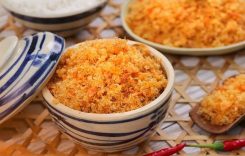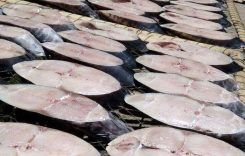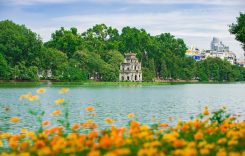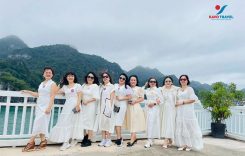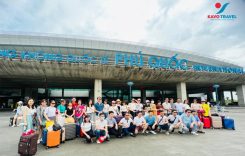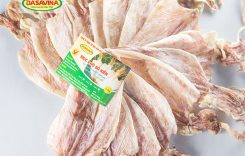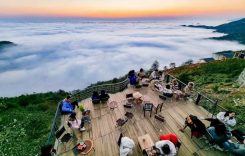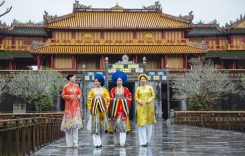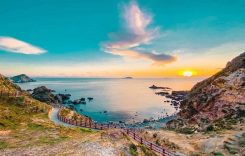Barbadian of the 20th Century
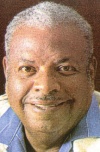 Proclaimed the Father of Barbados’ Independence, it was often said that he “found Barbados a collection of villages and transformed them into a proud nation”.
Proclaimed the Father of Barbados’ Independence, it was often said that he “found Barbados a collection of villages and transformed them into a proud nation”.
Historian, Sir Alexander Hoyos in his writings noted that Barrow, a graduate of the London School of Economics, brought the resources of a trained lawyer / economist to the cause of progress and reform.
Sir Alexander also writes that the supporters of Barrow loved to recall that he had “carried the war to the enemy in Europe and fought fascism” and was “now waging as vigorous a fight against the opponents of Labour”
In 1951 Barrow became a member of the BLP the year after he returned from England as a practicing barrister-at-law. The same year he won a seat in the Parish of St.George for the BLP, which won a clear majority with 16 seats for the first time.
In 1955, Barrow made one of his more important statements in the House of Assembly, he said,
“I am going to make a serious statement now and because I regard this (unemployment) as the most pressing problem facing this island at present, and in view of the fact that I am completely dissatisfied not only with the Honourable Minister of Labour, but with the whole attitude of ministers of the Government and their complete disregard of the suffering of the people and of the party. Because of that, I no longer want to be associated with them politically or otherwise ….”
The feelings associated with this statement led Barrow, who had a desire to create a new political force, along with others, to form The Democratic Labour Party in 1955.
In the 1956 election Barrow was not re-elected, he however returned to Parliament in 1958 after successfully contesting a by-election in the Parish of St. John.
 There is no doubt that Errol Walton Barrow had a passion for reforming Barbados. Barrow, a founder member of the Democratic Labour Party returned to the House of Assembly in 1958 and in the elections of 1961 Barrow successfully lead the DLP to victory with a show of overwhelming support from the people.
There is no doubt that Errol Walton Barrow had a passion for reforming Barbados. Barrow, a founder member of the Democratic Labour Party returned to the House of Assembly in 1958 and in the elections of 1961 Barrow successfully lead the DLP to victory with a show of overwhelming support from the people.
Barrow became Premier of Barbados in 1961 with a Democratic Labour Party mandate from the people of Barbados.
He remained in this position until 1966, when he then took the island into Independence from Britain and became the first Prime Minister of the new Nation.
As a tribute to this great Barbadian and Caribbean Man, Errol Barrow Day is celebrated on January 21, each year in Barbados.
Among the achievements of the Democratic Labour Party under the leadership of Errol Walton Barrow are the following
- Democratization of the educational process
- Free education for all Barbadians at all levels of the social spectrum
- The introduction of the National Insurance Scheme
- The introduction of improved nutritional programmes such as school meals
- Significantly improved Health Services
- The expansion and recognition of the Tourism Sector
- The development and enhancement of the Industrial Sector
- The expansion of the commercial sector
- Significant improvement in the provision of social services to all Barbadians
Tribute
He was, all in all, a politician who turned statesman, who gave to the political career a diginity and prestige which sometimes, in other practitioners of the art, it does not deserve.
Tribute by Dr Frank Alleyne – ![]() Errol Barrow by Frank Alleyne 28.33 Kb
Errol Barrow by Frank Alleyne 28.33 Kb
Tribute by Robert Morris – ![]() Errol Barrow by Robert Morris 43.39 Kb
Errol Barrow by Robert Morris 43.39 Kb
Biography
Errol Walton Barrow was born on January 21, 1920 in the parish of St. Lucy. Son of the late Rev. Reginald Barrow and the late Ruth nee O’Neal. Nephew of another National Heroe, Dr. Charles Duncan O’Neal, founder of the Democratic League.
He was educated at Wesley hall Boys School from where he won a scholarship at the age of 11 to Combermere. At 14 he won another scholarship to Harrison College, and from there an Island Scholarship in 1939, tenable at Codrington College. The Scholarship offer was not taken up and instead he taught at Foundation School, and worked for a short period in the Petty debt Court before joining the Royal Air Force in November 1940 and serving in World War II.
In 1947 he enrolled at Lincoln’s Inn and entered London University. He was successful in his bar finals in 1949 and graduated with a B.Sc. (Econ) the following year.
He was called to the Bar in Barbados in 1950 where he had a very successful law practice.
He was made a Queen’s Council (Q.C.) in 1980.
He first won a seat to the House of Assembly in 1951 as the representative for St. George.
He was unsuccessful in 1955, but returned to represent the parish of St. John from 1958 until his death in 1987, during which time he was Premier 1961 – 1966, Prime Minister 1966 – 1976, Leader of the Opposition 1978 – 1986 and again Prime Minister 1986 until his death.



